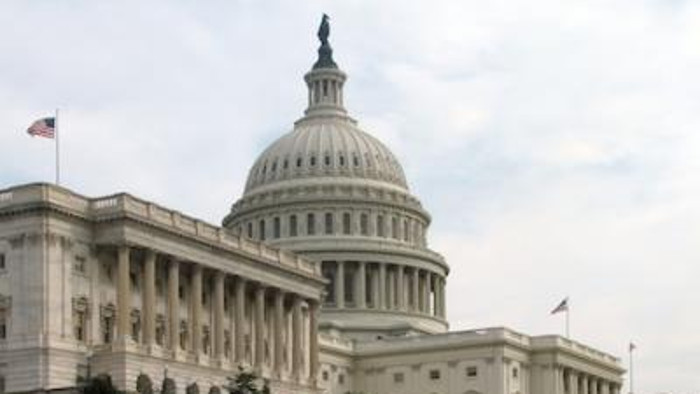APTS Applauds House Subcommittee for Increased Public TV Funding
Subcommittee also recommended $20 million increase for the station interconnection account

WASHINGTON—America’s Public Television Stations has issued a statement praising the House Appropriations Subcommittee on Labor, Health and Human Services, Education and Related Agencies for recommending $565 million in advance funding for public broadcasting in Fiscal Year 2024.
“This is an important day for public television,” said Patrick Butler, president and CEO of America’s Public Television Stations. “We lost $100 million in purchasing power over 10 years of flat federal funding, and this legislation would go a very long way toward restoring that purchasing power — and with it our ability to provide the educational services, the public safety communications, the civic literacy and the beloved programming which millions of Americans need and value.”
Butler also noted that the APTS was pleased that “the subcommittee has recommended level funding of $20 million in FY 2022 for the annual station interconnection account, which is the backbone of the public broadcasting system, supporting nationwide emergency alerting, providing local stations with national programming, connecting stations with each other, and creating operational efficiencies.”
The importance of public broadcasting was highlighted during the pandemic, when it played an important role in offering distance learning to students when in person classes were cancelled, the group said.
“Public television datacasting has been used to deliver IP data over the broadcast television signal to provide digital educational resources to students without broadband connections, helping to bridge the digital divide and close the homework gap,” Butler said.
The group also noted that “America’s public television stations are ready to do more, to help revolutionize education in a post-pandemic America, to train more of America’s adults for better jobs, to provide more essential public safety communications services, to create a more well-informed citizenry that considers issues in a civil and constructive manner, and to use a portion of our licensed spectrum to do more to enhance telehealth, national security, Smart Cities connections, transportation efficiency, precision agriculture and more.”
Such services could become more available as public stations roll out ATSC 3.0 signals. The NAB and Howard University recently demonstrated a remote learning prototype using NextGen TV broadcasts.
Get the TV Tech Newsletter
The professional video industry's #1 source for news, trends and product and tech information. Sign up below.
George Winslow is the senior content producer for TV Tech. He has written about the television, media and technology industries for nearly 30 years for such publications as Broadcasting & Cable, Multichannel News and TV Tech. Over the years, he has edited a number of magazines, including Multichannel News International and World Screen, and moderated panels at such major industry events as NAB and MIP TV. He has published two books and dozens of encyclopedia articles on such subjects as the media, New York City history and economics.

